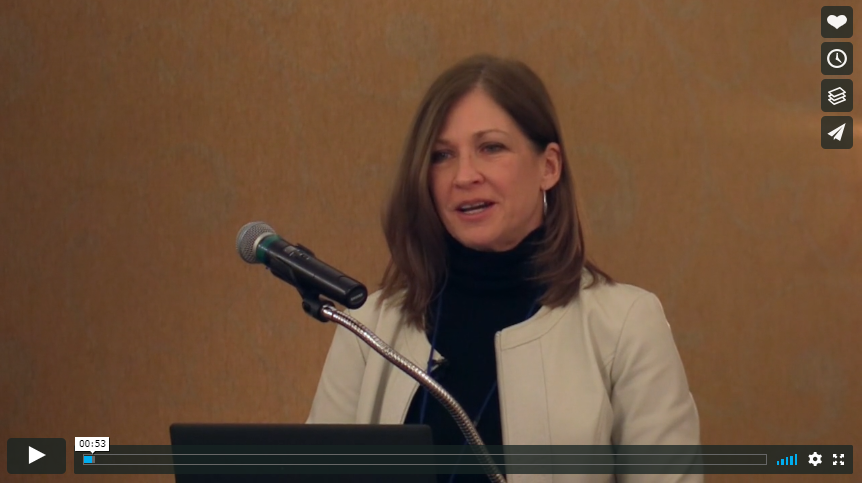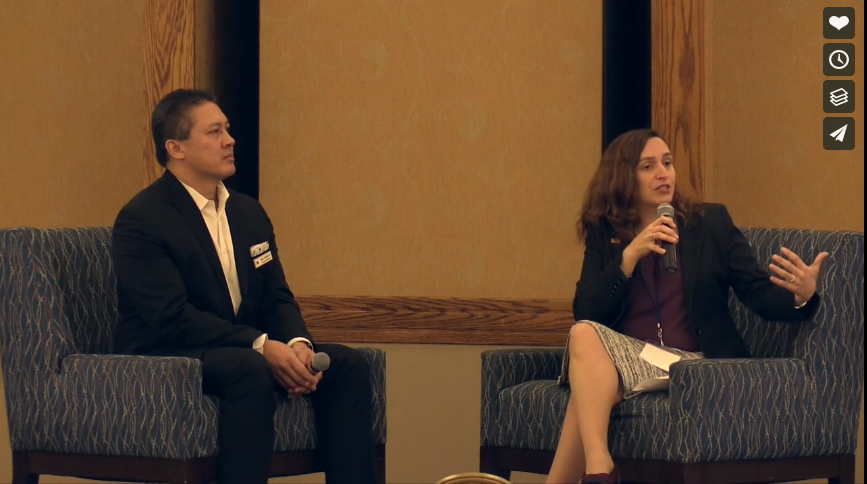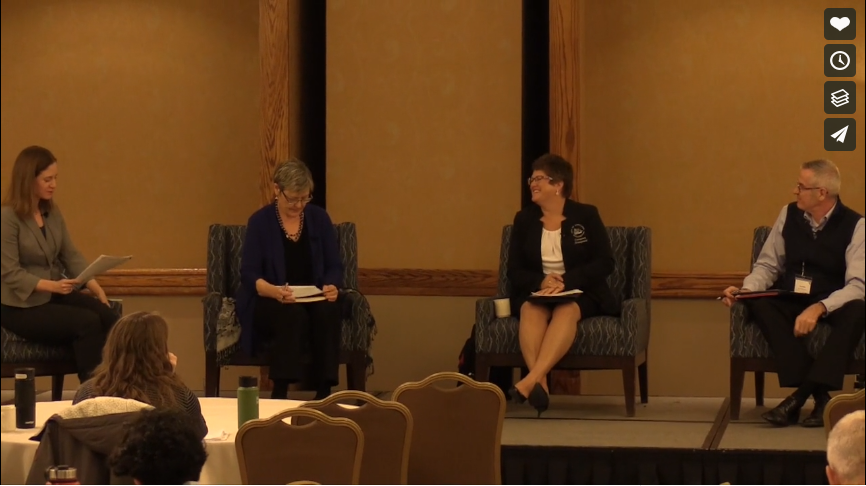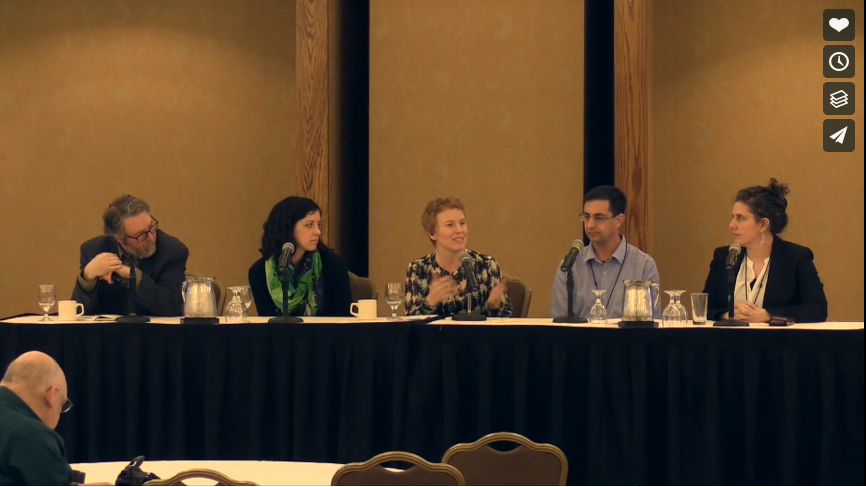Regional Recovery Conference
March 11-12, 2019
Finding a Path Forward: Lessons from Christchurch, Dr. Laurie Johnson
Understanding Equity and Social Justice, Dr. Alessandra Jerolleman
Who’s on First? Covering the Right Bases with the Right Partners
Integrating Recovery into Critical Infrastructure Preparedness/Resilience
Conference Summary
The Regional Disaster Preparedness Organization (RDPO) hosted a 2-day, Regional Disaster Recovery Conference in March of 2019. Attendees:
Learned about how other urban areas have recovered from a catastrophic disaster.
Learned how to address key issues such as equity and social justice during disaster recovery, and how to support vulnerable populations.
Provided feedback on how disaster recovery should be coordinated and implemented in the greater Portland Metropolitan Region.
CONFERENCE MATERIALS
Pre-Conference Webinar (slides)
RSFs Overview (handouts)
Day one
Keynote: Finding the Path Forward: Lessons from Christchurch, a Recovery Case Study [slides | video]
Dr. Laurie Johnson
Panel: Who’s on First? Covering the Right Bases with the Right Partners [video]
Joan Rave, FEMA Region X; Clint Fella, Oregon OEM; Heather Kelly, City of Kirkland; Jim White, Nonprofit Association of Oregon)
Lunch [slides]
Breakout:
Day Two
Keynote: Understanding Equity and Social Justice [slides | video]
Dr. Alessandra Jerolleman
Panel: Integrating Recovery into Critical Infrastructure Preparedness and Resilience [slides | video]
Jay Wilson, Clackamas County Disaster Management; Danielle Mieler, San Francisco Office of Resilience and Capital Planning; Jonna Papaefthimiou, Portland Bureau of Emergency Management; Dave Evonuk, Portland Water Bureau; Megan Neill, Multnomah County Division of Transportation
Lunch [slides]
Breakout:
CASE STUDY: CHRISTCHURCH
NEW ZEALAND RECOVERY AFTER CHRISTCHURCH EARTHQUAKES
This two-page summary highlights important lessons from New Zealand’s experience recovering from the large earthquakes that struck the Canterbury region in 2010-2011. This case was featured in a book called “After Great Disasters: An In-Depth Analysis of How Six Countries Managed Community Recovery” co-authored by our conference keynote speaker, Laurie Johnson.
Equity and social justice
An equitable post-disaster recovery means that every stakeholder gets a chance to participate and benefit from recovery processes. It acknowledges that inequities and vulnerabilities that exist before a disaster may be exacerbated after a disaster. It requires careful and deliberate planning that engages the whole community.
These issues of equity intersect and interconnect with each of the Recovery Support Functions, from rebuilding housing, transportation, and economic systems to restoring social connections, neighborhoods, and communities.
Case Study: Puerto Rico
Equity has been a critical focus of recovery from Hurricane Maria in Puerto Rico and recovery from other recent disasters throughout the United States. Research has demonstrated that the effects of disasters, as well as the recovery process, has historically exacerbated the effects of social vulnerability and wealth inequality.
Can we move towards an equitable recovery process?
On September 20, 2017, Hurricane Maria made landfall on Puerto Rico as a Category 4 storm causing widespread devastation. Damage to the island included extensive flooding, extended blackout, and an island-wide infrastructure damage. Moreover, the storm has been estimated to have caused up to 2,975 deaths.
The Resilient Puerto Rico Advisory Commission (RPRAC) produced a report, ReImagina Puerto Rico, in which one of the guiding principles is “prioritize equity and inclusiveness.” The report lists 97 strategic recommendations in six sectors (housing, energy, physical infrastructure, health, education and social services, natural infrastructure, and economic development), which aim to provide concrete, actionable recommendations for the long-term recovery and reconstruction process. Many of these recommendations promote equitable recovery throughout the six sectors, including:
Housing – Provide technical capacity to implement a place-based and community-driven approach for identifying and planning reconstruction projects through collaborative and deliberative engagement.
Energy – Establish reliable and diversified backup energy systems for vulnerable individuals and critical facilities, such as hospitals, schools, and emergency shelters and services facilities.
Resources: Equity and Social Justice in Disaster Recovery
Seven Key Principles; Disaster Housing Recovery Coalition - Learn about the seven key principles to ensure a just and equitable recovery for low income survivors and their communities.
Regional Equity Atlas - What is an equity atlas you ask? Follow the link to explore how this tool can play a powerful role in guiding policy, planning, and strategic investments to create more equitable communities.
Holistic Disaster Recovery: Promoting Social and Intergenerational Equity during Disaster Recovery - An equal chance to survive across time means that every stakeholder gets a chance to participate and benefit from recovery processes. How can we make sure everyone's life is better, by not making someone else's worse?
Local and Regional Government Alliance on Race and Equity (GARE) - Did you know that Metro, Oregon works with GARE?






